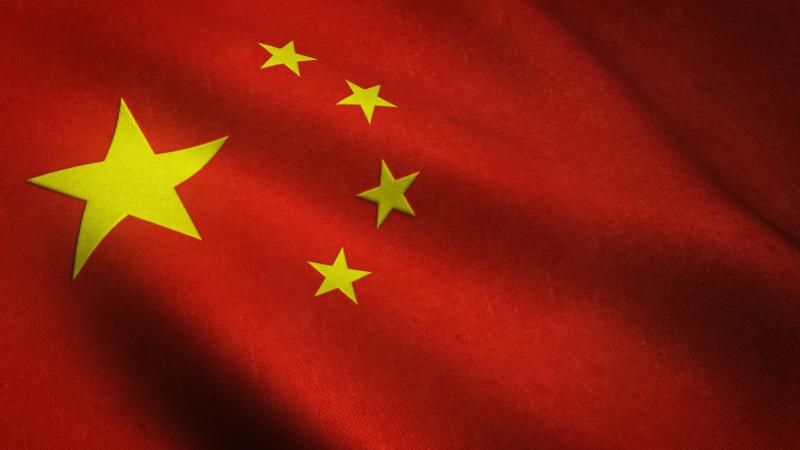China not just economic competitor, now adversary engaged in 'soft' warfare, House intel member says
Rep. Austin Scott said that a major concern was how China was getting ahead of the U.S. on the technology front with farming.
China, which has the world's second-largest economy after the United States, has in recent years moved from competitor to economic adversary, engaging in a "soft" warfare targeting U.S. cyber and infrastructure systems, says Georgia GOP Rep. Austin Scott.
"They are no longer an aggressive economic competitor," Scott said on a recent "John Solomon Reports" podcast. "They chose to become an adversary. They have gotten away with it for the last four years. They have embedded themselves through our cyber [and] our infrastructure systems."
Scott says the forays particularly target the U.S. agricultural system and pharmaceutical industry, and also argues that China has done so effectively – in plain sight.
"They have been very smart about how they, in the open market, have purchased companies that, whether it be pharmaceuticals or food supply necessities that we have in the United States of America," Scott said. "They've been very smart at how they've operated, both in the open market and in the criminal arena."
Last month, Just the News reported that two Chinese scientists were charged with smuggling a fungus called "Fusarium graminearum" into the U.S. The fungus, although not deadly to humans, represents a potential threat to grain crops.
The Chinese-born researchers – Yunqing Jian, 33, and Zunyong Liu, 34 – were charged with allegedly smuggling the fungus into the United States in 2024. The fungus is classified in the scientific literature as a “potential agro-terrorism weapon,” according to the Justice Department.
Scott said that a major concern was how China was getting ahead of the U.S. on the technology front with farming.
"If you think about your food supply, it is dependent upon our farmers' ability to grow the food," he said. "And obviously it takes inputs, fertilizer, chemicals and pesticides. And so, one of the areas where China has been getting ahead of the United States is with the accumulation of this technology through a company that they have called ChemChina."
ChemChina, also known as the China National Chemical Corporation, is a chemical-based industry in China that has heavy involvement in farming practices through digital technologies and biotechnology.
"If you understand that it takes those chemicals to grow the abundance of food we have, and you understand that China controls that flow of chemicals, it doesn't take a rocket scientist to figure out that it's got a problem," Scott said.
He said the way China embedded itself in the supply chain has caused problems for the U.S.
"They're at the front of the supply chain with the chemicals and the seeds, then they're at the end of the supply chain," Scott said. "As we know, in proteins, where the majority of the meat that is actually packed, has been owned by companies that are controlled from outside of the United States of America."
When asked whether China was committing soft warfare against the U.S., Scott said he thought so.
"Absolutely," he said. "As I've said before, they are no longer an aggressive economic competitor."
Scott said that under the Trump's administration, there would be more crackdowns on China.
"They're not going to get away with it with President Trump," he said. "I think they recognize that. [And] Don't underestimate President Trump's desire to stop the flow of fentanyl on the precursors into not just the United States, but for the Western Hemisphere."














